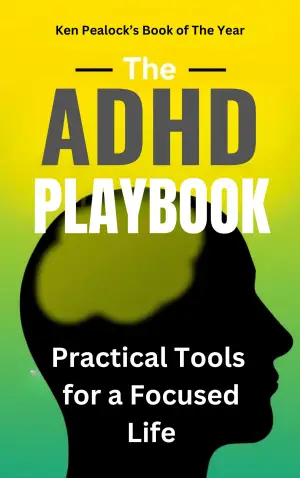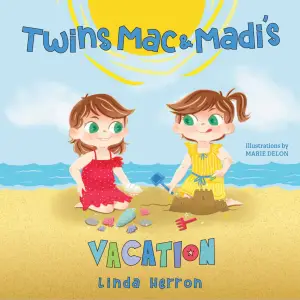Review of Catching Fire (The Hunger Games, #2) by Suzanne Collins
When I picked up Catching Fire, I had a sinking feeling: how could a sequel possibly capture the magic of The Hunger Games? Suzanne Collins, however, defied my skepticism and delivered a gripping narrative that kept me turning pages late into the night. While I must admit that Catching Fire might not hold the same sparkling brilliance as its predecessor, it equally earned my admiration, ultimately reminding me why I fell in love with this series in the first place.
From the very first chapter, Collins immerses us back into the unsettling world of Panem, where we find Katniss and Peeta grappling with the aftermath of their tumultuous victory. The juxtap of their homecoming with the haunting memories of the Hunger Games lays the groundwork for a much darker and complex narrative. Through Katniss’s PTSD and the pressure to maintain a façade of love with Peeta, Collins deftly explores themes of trauma and the cost of survival—a realm that resonates all too well in our own world.
As we delve deeper, the stakes rise with the announcement of the 75th Hunger Games, also known as the Quarter Quell. The twist of having previous victors return makes for a compelling plot twist that heightens the tension and sets the stage for a setup rife with unpredictability. Characters like Finnick Odair enter the fray, and my heart swelled with each appearance. His layers of charm and vulnerability exemplify the brilliance of Collins’s character work. Finnick’s heartbreaking backstory and rich vulnerabilities added depth to the already rich tapestry of personalities that populate this series.
Collins’s writing style continues to captivate, characterized by its crisp, vivid imagery that plunges us into both the opulence of the Capitol and the desperate survival of Katniss and her friends. Memorable quotes lingered in my mind long after I closed the book. For instance, when Katniss says, “The odds are never in our favor,” it resonates as both a chilling reminder of her reality and a reflection on our struggles against the fates we are dealt.
What struck me most was the moral ambiguity woven throughout the story. As Katniss becomes a reluctant symbol of rebellion, her struggle to reconcile her identity as a victor with her growing awareness of systemic injustice presented a thought-provoking dichotomy. It left me pondering the ethical implications of sacrifice for the greater good, and Collins anchored this complexity in a narrative that doesn’t shy away from the raw realities of war.
Catching Fire ultimately is not just a bridge to its climactic sequel but a poignant exploration of resilience and rebellion in the face of oppression. I recommend this thrilling second installment to anyone who appreciates character-driven narratives that tackle significant themes, adorned with tension and heart-wrenching moments. If you enjoyed the first book, you’ll find plenty to engage with here as well.
In reflection, my journey through Catching Fire was a reminder of the strength and fragility of human emotions, set against a backdrop of a dystopian reality. This installment may not outshine the original for me, but its nuances and the fresh emotional stakes captivated my heart and mind long after the last page. So, whether you’re an avid fan or a newcomer to Panem, prepare for an exhilarating ride through hope, despair, and the relentless fight for change.
Discover more about Catching Fire (The Hunger Games, #2) on GoodReads >>














